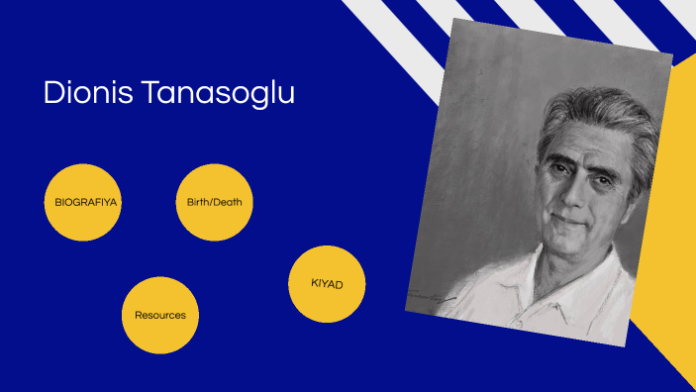Dionis Tanasoglu was a remarkable writer, pedagogue, and promoter of the Gagauz culture. He was born on 7 July 1922, in the village Chiriet-Lunga. After having graduated school, Tanasoglu continued his education in the Pedagogical College at Cetatea Alba, studying music and philology.
In 1957, after the official recognition of the Gagauz nation in the Moldovan SSR and the adoption of the Gagauz alphabet, Dionis Tanasoglu was involved in the organization of schools with educational process in the Gagauz language and in the development of cultural programs. He was a key promoter of the Gagauz culture and language, he wrote drama, He taught at the Institute of Arts of Moldova and became Rector of the State University in Comrat. Dionis Tanasoglu was granted the title of “Poet of Gagauz people.”
FOR THE MOST IMPORTANT NEWS, FOLLOW US ON TWITTER!
This material was developed in the framework of the project “Supporting institutionalized and sustainable dialogue on Gagauzia Autonomy”, implemented by CMI – Martti Ahtisaari Peace Foundation and financed by Sweden. The opinions expressed in this material pertain to the authors and do not necessarily represent the position of CMI or of Sweden.


